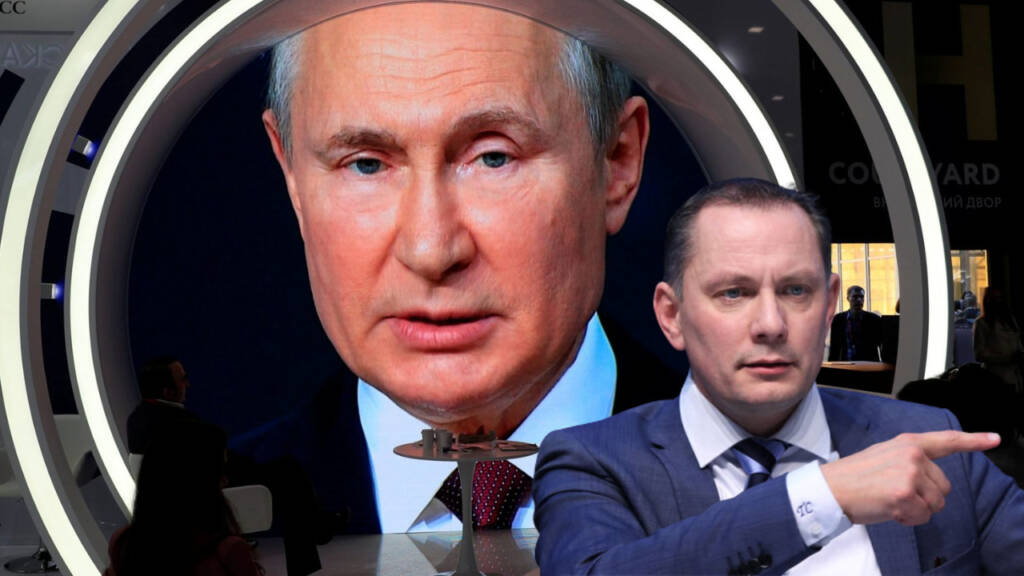Each nation experiences a tipping point where the populace grows weary of its leaders and their promises. This is not just a local phenomenon, but a universal cycle that frequently ushers in a new leader who is prepared to guide the nation towards a more promising future.
The political establishment in Germany, which is frequently referred to as Europe’s powerhouse, is currently facing a wave of public unhappiness.
The Germans are expressing their collective frustration with the established political parties – the Greens, the SPD, and even the CDU. A clear message has been sent to the leadership of Olaf Scholz: Germans are fed up with his leadership.
Merkel’s controversial migrant policy of 2015 and Scholz’s decisions, like severing ties with Russia and exacerbating migrant assistance, have not only divided the populace but also inflicted considerable economic damage.
As fuel prices soar, savings dwindle, and the cost of living reaches new heights, it’s evident that the German public is no longer willing to tolerate indifference from their leadership.
The saga of a nation’s misfortunes becomes glaringly obvious when the ones at the helm remain oblivious to the people’s suffering. Such is the case with Scholz, whose actions, or lack thereof, have left a trail of disenchantment across the country.
Meet AfD
The search for alternatives has led many to the doorstep of the Alternative for Germany (AfD) party. With an astonishing 34% surge in popularity, AfD has not only captured the attention of Germany but also of the world.
This momentum is not just a regional ripple; it’s a nationwide wave, with the latest opinion polls placing AfD as the second-strongest political force in the federal arena, commanding 22% of voter support.
As AfD boldly pushes forward, criticisms and controversies aren’t far behind. Labeled by some as far-right and Pro-Russia, the party remains unfazed, actually gaining from it. Germans, it seems, are willing to overlook these labels in favor of a party that promises change.
Read More: The Germany of 2025- No NATO, No Liberals and No Scholz
Restoration of German-Russian Relations
Among these promises is a commitment to mend energy relations between Germany and Russia. Arton Baron, an AfD politician, and German MP, has been particularly vocal about this agenda.
Baron argues that Russian gas, once a substantial source of Germany’s energy, was nothing short of a “blessing” for the economy. Despite international tensions, he insists that Germany should and must reconsider importing energy from Moscow once more, regardless of the political climate.
This perspective comes at a time when Germany has been reducing its reliance on traditional energy sources, a transition that has not been without its challenges.
The resurgence of Russian gas could be interpreted as a bold and controversial move, especially in the aftermath of Russia’s military operations in Ukraine.
Yet, Baron dismisses the idea that utilizing Russian energy equates to supporting Putin’s actions. With the majority of German households relying on gas for heating, the practicality of the argument can’t be ignored.
The historical reality is that Germany was significantly impacted by the disruption of Russian energy supplies due to sanctions. Baron’s remarks, however polarizing, highlight a potential path for the nation’s energy policy.
While Scholz might lack the guts to do so, AfD, known for its Pro-Russia sentiments, might do it. It’s not far-fetched to consider the possibility of the next German chancellor forging a unique friendship with Moscow.
This potential shift will have far-reaching implications, particularly for Scholz and his pro-Western aspirations. If AfD’s popularity continues its ascent, the course of Germany’s foreign policy could take a drastic turn. A leader more aligned with Russian interests might reshape the nation’s global alliances and priorities.
Read More: If Scholz actually bans the AfD, Germany will implode
Germany is at a crossroads as its people yearn for change and look beyond the conventional political spectrum. With its stance in favor of Russia serving as a bold declaration of intent, the possibility of the AfD taking the reins of government is set to change the course of Germany.
The future of Germany is still up in the air, but it is obvious that Berlin is experiencing a period of change that could usher in a new era in German-Russian relations.
Watch More:
